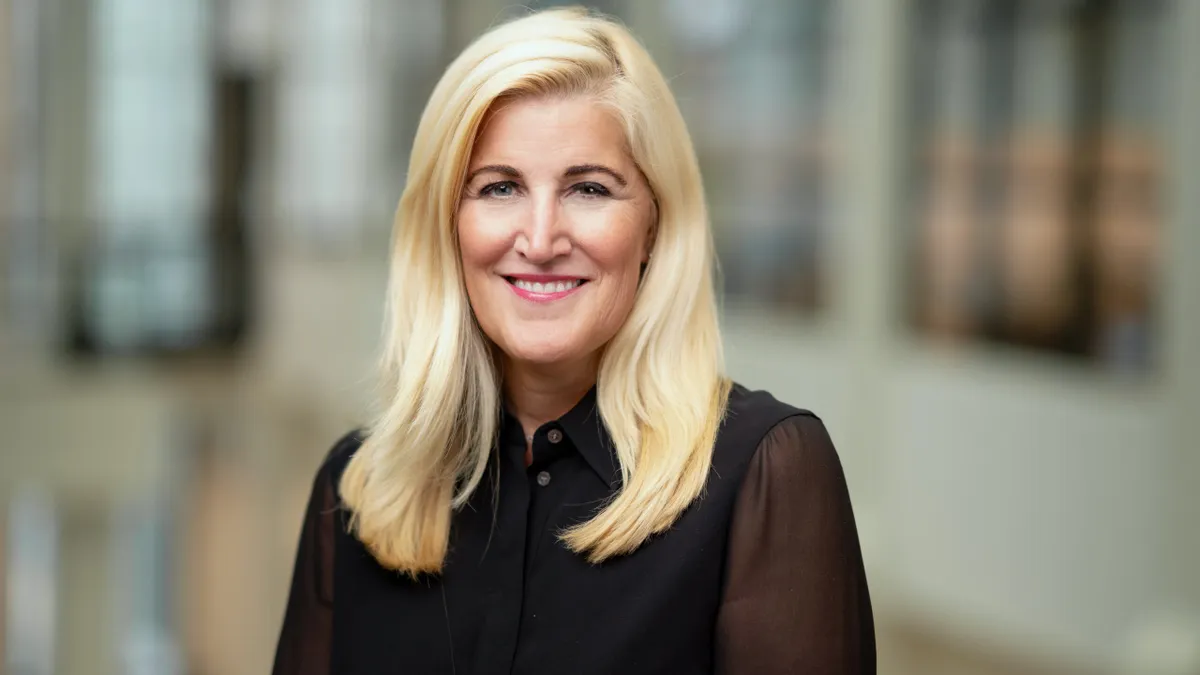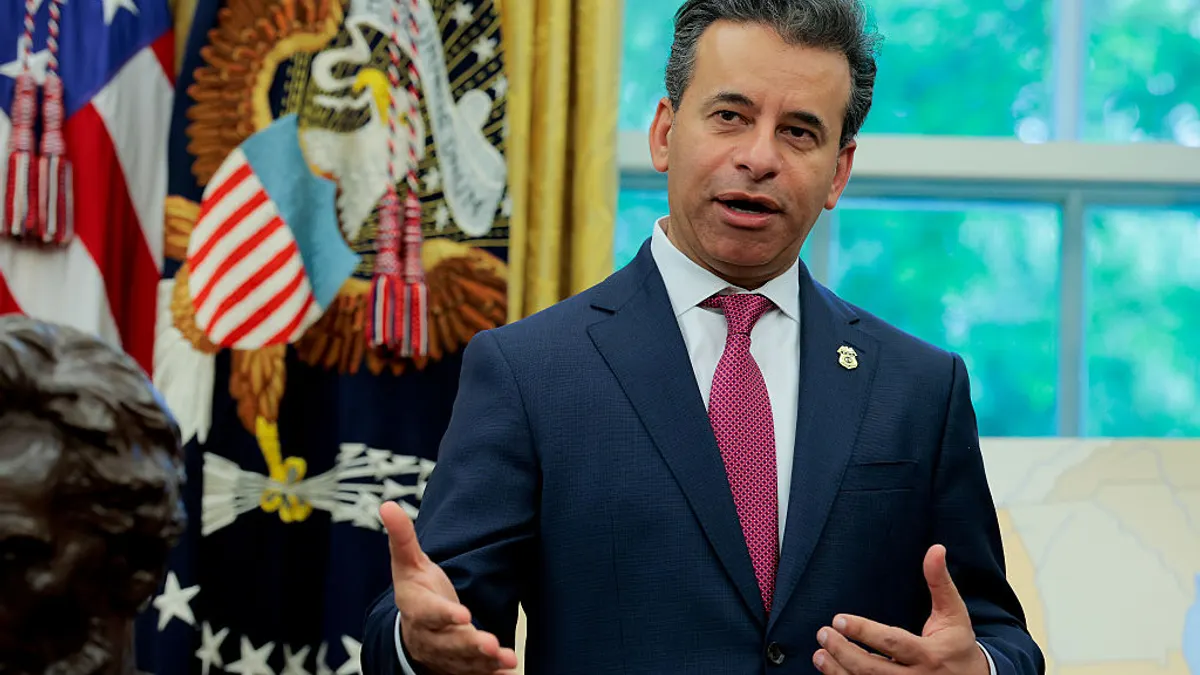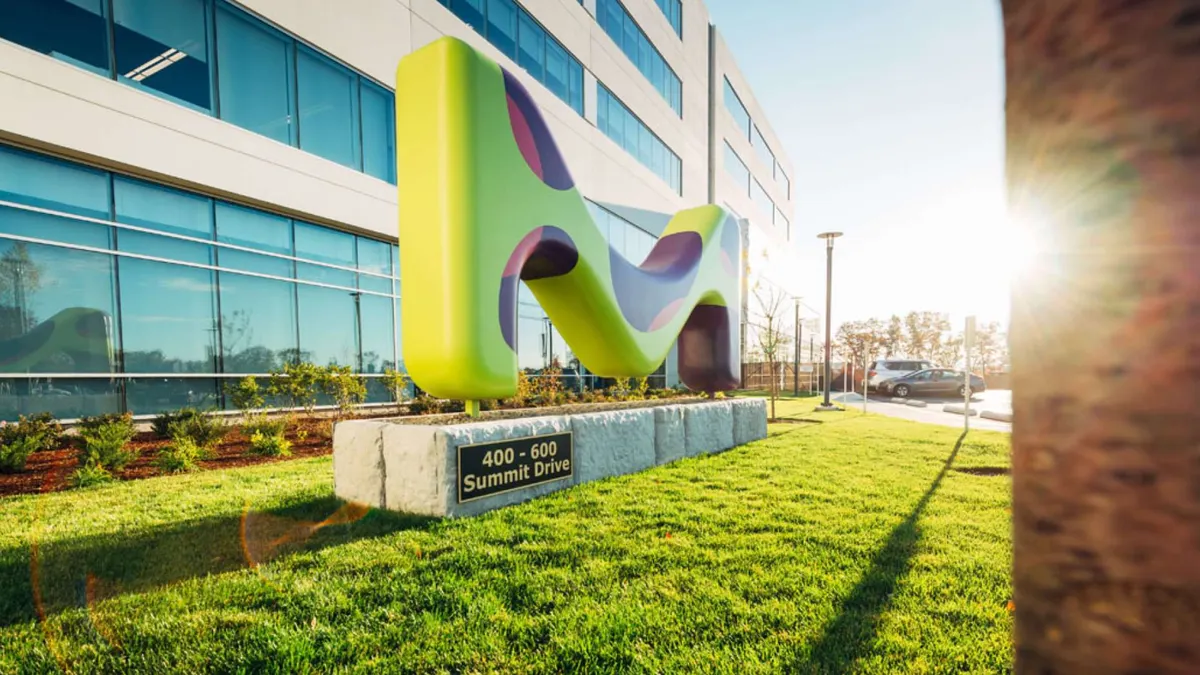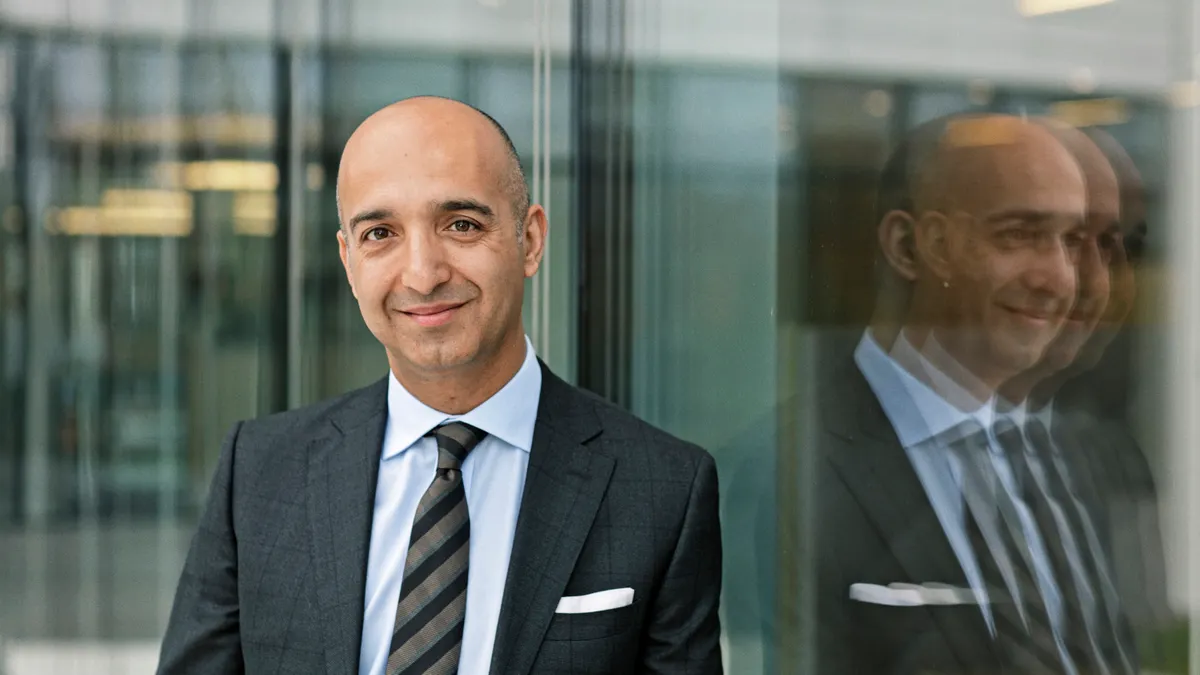Debra Weiss was heading up R&D quality assurance for Shire in the late 2000s when the head of supply chain approached her to lead the company’s good manufacturing practice (GMP) quality assurance.
At first — for seven months, in fact — Weiss dismissed the idea as “crazy.” Although she already had Shire’s clinical and lab quality assurance under her purview, those were areas where she had experience. GMP, however, was different. She’d never even worked in a manufacturing plant.
Still, Weiss’ colleague was convinced she was right for the role.
“I finally said to her, ‘What do you see in me that I don’t see in myself?’” Weiss recalled. “And she said, ‘You’re a leader. You can pull teams together, you can problem solve, you can motivate folks. Yes, you do need to know some of the manufacturing, but you can learn that.’”
Weiss eventually took the job and thrived in the role. She learned a valuable leadership lesson, too: That it wasn’t her own knowledge or subject matter expertise that made her the right person for the job, but her ability to recognize it and nurture it in others.
"You can have amazing science, but without having the operations group ... you may not be able to execute."

Debra Weiss
COO, Gates MRI
“It was really about finding others that had it and giving them the best space to do their work. That, to me, was life changing,” she said. “I realized, as a leader, the higher you go the less it becomes about you and more about your team.”
She’s still applying that philosophy today.
Targeting TB and other areas of need
Weiss is COO at the Bill & Melinda Gates Medical Research Institute (Gates MRI), a nonprofit medical research organization focused on novel biomedical interventions for “substantial global health concerns for which investment incentives are limited,” including malaria, tuberculosis (TB) and diarrheal diseases. Gates MRI, an affiliate of the Bill & Melinda Gates Foundation, works on its own as well as with partners like Merck & Co., which it has a collaborative licensing agreement with to evaluate two preclinical antibacterial candidates as potential components of combination regimens to treat TB. It currently has nine assets across five programs from preclinical to late-stage development.
Earlier this week, Gates MRI announced it’s starting dosing patients in a phase 3 trial for a TB vaccine its testing in seven countries, including South Africa.
It’s also a part of the Project to Accelerate New Treatments for Tuberculosis (PAN-TB) collaboration, which includes Otsuka Pharmaceutical and Johnson & Johnson.
As Gates MRI was getting off the ground, all of Weiss’ experience converged with its emerging needs. She became Gates MRI’s first employee in 2018 as the organization’s head of quality assurance and enterprise operations.
“The one thing that drew me to the MRI is that the cause is bigger than myself,” she said. “I love being part of something and want to make an impact, not just to the patients we serve, but also to the people that work here and make a difference.”
Weiss’ moves into the C-suite
Weiss took on the COO role in October 2020. Her path to the C-suite was an unconventional one, though.
“I would never, ever have thought that here I would be as a COO,” she said. “I would never have been able to plan this. Never.”
In fact, Weiss started her career as a nurse in a hospital, eventually landing in a cardiac catheterization laboratory, where she got involved in clinical research with companies like Merck on device testing at Penn Medicine. After several years as a senior research coordinator, Merck recruited her to work for them instead.
“They loved hiring nurses,” Weiss noted.
She worked first as a research coordinator before moving into quality assurance, helping to ensure the company’s research practices were up to par.
“My passion was really good clinical practices,” she said.
She pursued that interest at Shire and later as a quality and compliance consultant for pharma companies, as well as an assistant adjunct professor at Temple University, where she still teaches a graduate course on good clinical practices.
When Gates MRI tapped Weiss, she liked that it was a nonprofit and a brand-new organization with a lofty mission.
“I was interested in the concept. It brought me back to my nursing days,” she said. “The 20 years I spent in pharma I felt like I was getting away from the patients.”
It didn’t take long, though, for her disparate skills and experiences — as well as her reputation as a “fixer ”— to coalesce into the COO role. After rolling up her sleeves and writing standard operating procedures for quality assurance, she slowly started taking on more responsibilities, first in compliance and then risk management, HR, security and IT.
Being chief of operations boiled down to creating processes, problem solving and team building, just like in the world of clinical research. It was about putting solid building blocks into place to create an organization that works, and therefore can fulfill its mission. It’s also been about leadership, listening and having a door that’s always open.
“Piece by piece, they were realizing I was able to work with the team to build in good processes,” she said. “That’s crucial for an organization like Gates MRI, which works not only with its own employees but with partners around the world. You can have amazing, amazing science, but without having the operations group as enablers, then you may not be able to execute on that great science.”
She’s also carried with her that leadership lesson she learned at Shire. She may not be an expert in areas like finance, but as COO, she knows that she doesn’t need to be.
It’s something she tells everyone, but women in particular: Don’t focus on what you don’t know, but what you do know.
“When you walk into a room, don’t focus on what you don’t bring to the table, because that will mess you up. You will immediately go down a rabbit hole,” she said. “Focus on what you are bringing.”




















